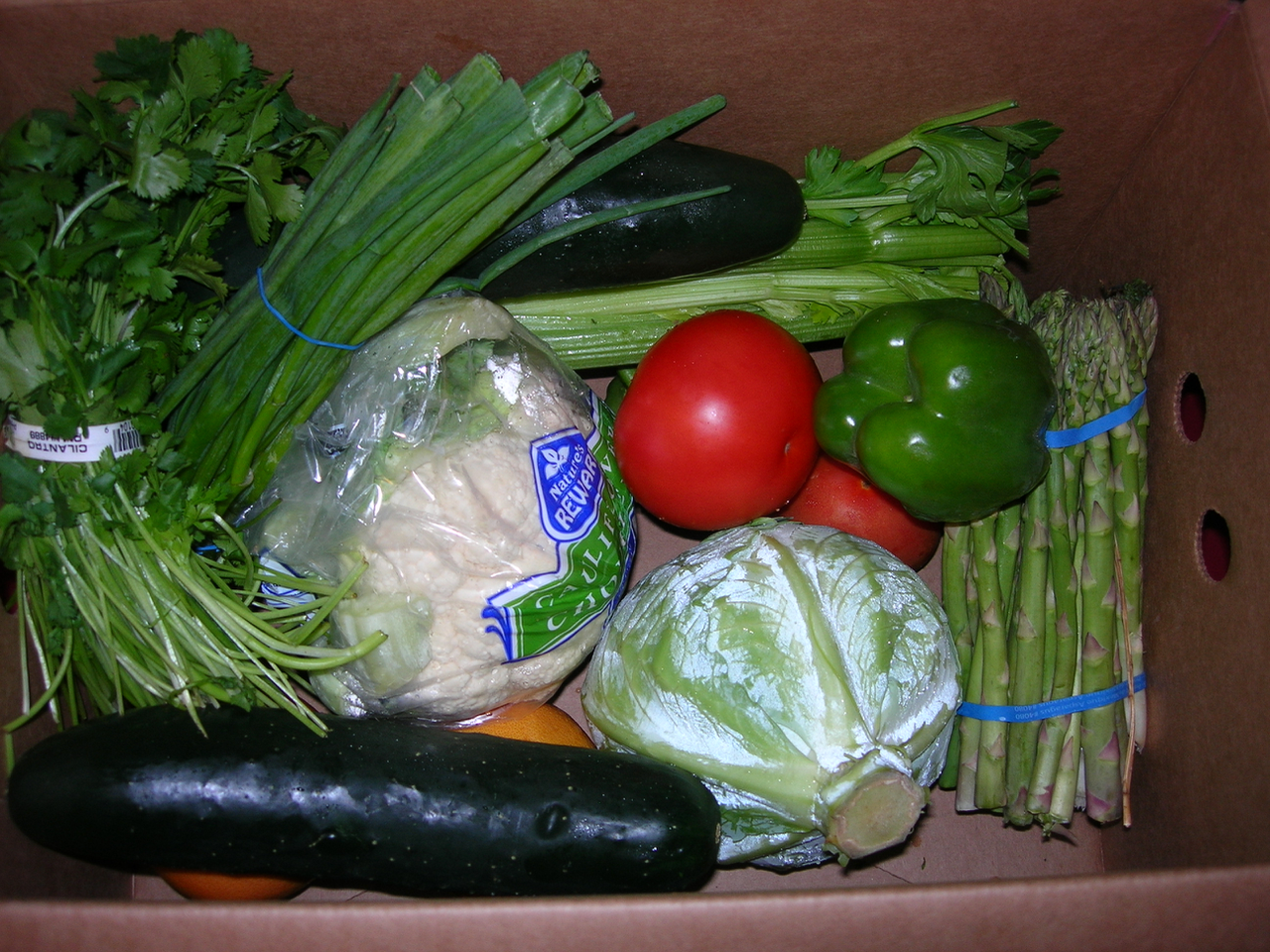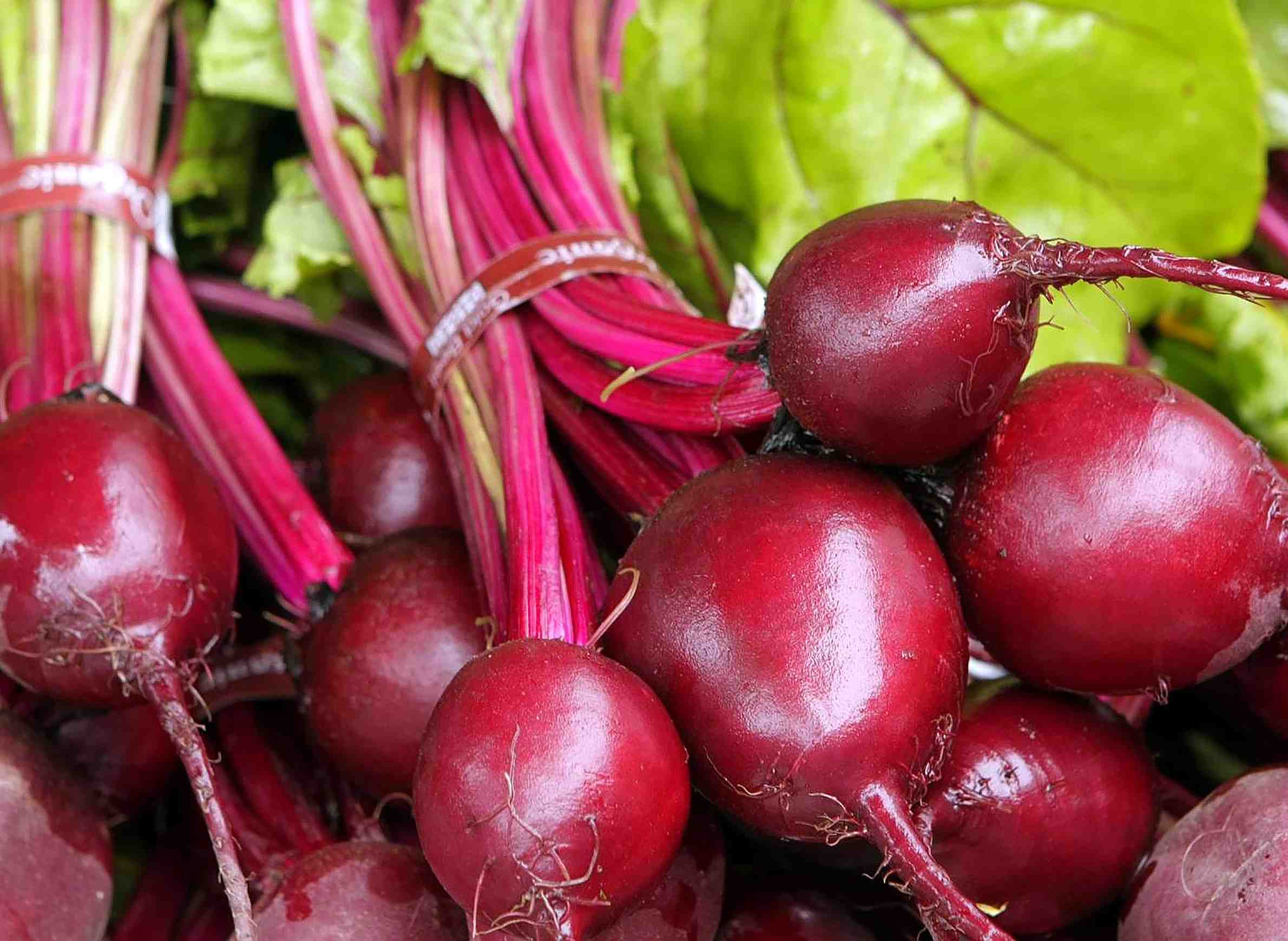A national company working to fight food waste by delivering “ugly” produce to its customers is coming to the Milwaukee area. We find out more about what happens to the produce that is just too big, too small, or too oddly shaped from our guest. We also talk to a WisContext reporter about Wisconsin’s two centers where Immigration and Customs Enforcement detainees are housed and learn more about tariff reactions on Week In Washington.
Featured in this Show
-
This Week In Washington – June 27, 2018
Justice Anthony Kennedy has announced his retirement from the US Supreme Court. We find out what the timing means for a replacement. We also hear reaction to Harley Davidson’s decision to move some production overseas, look at a primary election upset in New York, and discuss the role of civility in politics today.
-
Where ICE Detainees Are Held In Wisconsin
After President Donald Trump’s reversal on separating families at the U.S.-Mexico border, there’s been renewed attention to the conditions migrants face in detention. We talk to the associate editor of WisContext about the two facilities in Wisconsin that house Immigration and Customs Enforcement detainees.
-
To Fight Food Waste, Milwaukee Co-Op Partners Up To Sell 'Ugly' Produce
Is beauty in the eye of the beholder when it comes to produce? For “ugly” produce advocates, the answer is yes.
“There’s nothing wrong with it, it just looks different and, you know, I think historically this stuff has kind of been marginalized because stores think people won’t buy it,” said Reilly Brock, content manager for Imperfect Produce, a company that sources imperfect produce from farms for home delivery.
The San Francisco-based company’s partnership with Wisconsin Food Hub Cooperative in Milwaukee — which began delivering the produce this week — will offer residents in the Milwaukee area access to ugly produce at about a 30- to 50-percent discount compared to the more visually appealing fruits and vegetables.
Food waste is a major environmental and economic problem in the United States, about 40 percent of our food is wasted, costing $218 billion each year and making up 21 percent of solid waste in landfills, according to the United Nations Food and Agriculture Organization.
For farmers, about 20 percent of their crops don’t make it to grocery store shelves in America, according to Imperfect Produce. Grocery stores can afford to turn away that produce, Brock said. But for a farmer, not being able to sell that percentage of their crop can prove to be a financial hurdle.
“If the product didn’t make … USDA number one quality, usually the farmer had to resort to either leave it in the field, or just bury it, or just throw it away,” said Ron Balsimo, sales manager at Wisconsin Food Hub Co-op. “What this does is open up another revenue stream for the farmer and helps pay the bills.”
Brock and Balsimo hope the partnership will open a pipeline of healthy, fresh fruits and vegetables that are affordable and accessible to the community.
“It’s a good way to make your grocery dollar stretch further, especially if you’re buying organic produce, that can get pricey pretty quickly,” Brock said. “Let’s get the stuff from farmers and get it to people that need it.“
Customers can choose the size of their box, how often it’s delivered and what produce they want to fill it with.
Milwaukee marks the seventh city in the U.S. that Imperfect Produce has a presence in. Brock says the company works with about 200 farms across the country, and tries to work with the local community as often as they can.
Last winter while preparing to launch in Chicago, the company worked with farmers from Illinois, Wisconsin, Michigan and Ohio, but some of the produce inevitably comes from around the country because of growing seasons and weather, the company said.
Since it launched in 2015, founder of the company Ben Simon said they have stopped 21 million pounds of produce from going to waste.
For those skeptical of ugly produce, Balsimo said expectations may need to shift. But it’s also an opportunity to be in touch with where your food comes from.
“If they were on a farm for a day, they’d get a better understanding of some of the products that come out of the ground,” he said. “And if they actually had a bite of it, they would understand it tastes the same. The quality of the product doesn’t diminish because of the size and … a dimple that it’s not supposed to have.”
-
Initiative To Promote Use Of Misshapen Produce To Fight Food Waste Comes To Milwaukee
A company that works to fight food waste through promoting and selling misshapen produce will be available in the Milwaukee area thanks to a partnership with a Wisconsin cooperative. Our guests join us to explore the latest details and discuss why using ugly – but edible – produce is good for consumers and farmers.
Episode Credits
- Rob Ferrett Host
- Judith Siers-Poisson Host
- Dean Knetter Producer
- Rachael Vasquez Producer
- Breann Schossow Producer
- Sabrina Siddiqui Guest
- Scott Gordon Guest
- Ron Balsimo Guest
- Reilly Brock Guest
- Michele Gerard Good Technical Director
Wisconsin Public Radio, © Copyright 2025, Board of Regents of the University of Wisconsin System and Wisconsin Educational Communications Board.


